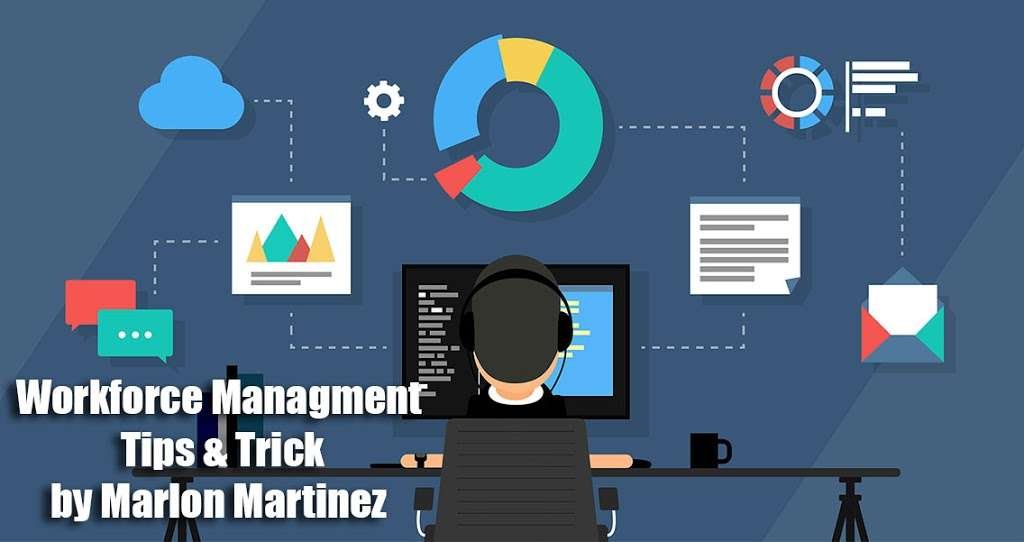The impact on Email FTE Requirements following a change in Service Level Targets

Below is an interesting extract taken from the WFManagement Telegram community group – if you have an interest in Workforce Management and are interested in joining here is a link with further background and joining information WFManagement Telegram Group
I leave my thoughts at the end…..
—————————
Question: Is there an effect on required FTE number for Email channel, if the SLA target get changed? For example, suppose current SLA target (for Email only) is 90% within 4 hours. Provided all other matrices such as volume, AHT, delay, occupancy, arrival pattern, shrinkage remain unchanged, will the FTE requirement go down if SLA target revised at 70%? How much will be the change? Can anybody assist to explain the relationship between SLA target and FTE headcount for email and if there is any standard formula?
Reply 1: Whenever my guys have planned emails we’ve based it on a carry forward calculation rather than service level, e.g. less than x percentage of work brought forward + input carried forward into the next day / week. By handling volumes that way I’ve always found the service level as such looks after itself.
——————————-My Views——————————–
Changing your Email Service Level should not by itself in the long run change FTE requirements to meet the new service level target.
In its simplified form, the Productive FTE required for the email channel is based on “New Incoming + keeping backlog level stable”.
There is no need to load workload for any form of Erlang given this is not a live channel unless your new Service Level target is near live i.e. less than say 1 hour. Therefore changing the Email Service Level will mean you will have a short term requirement increase or decrease (depending on whether you are increasing/decreasing the SLA target) whilst you get the backlog level to the point that is balanced against the new Service Level Target, but otherwise required productive FTE requirements will return back to the same levels once backlogs are again balanced.


Responses